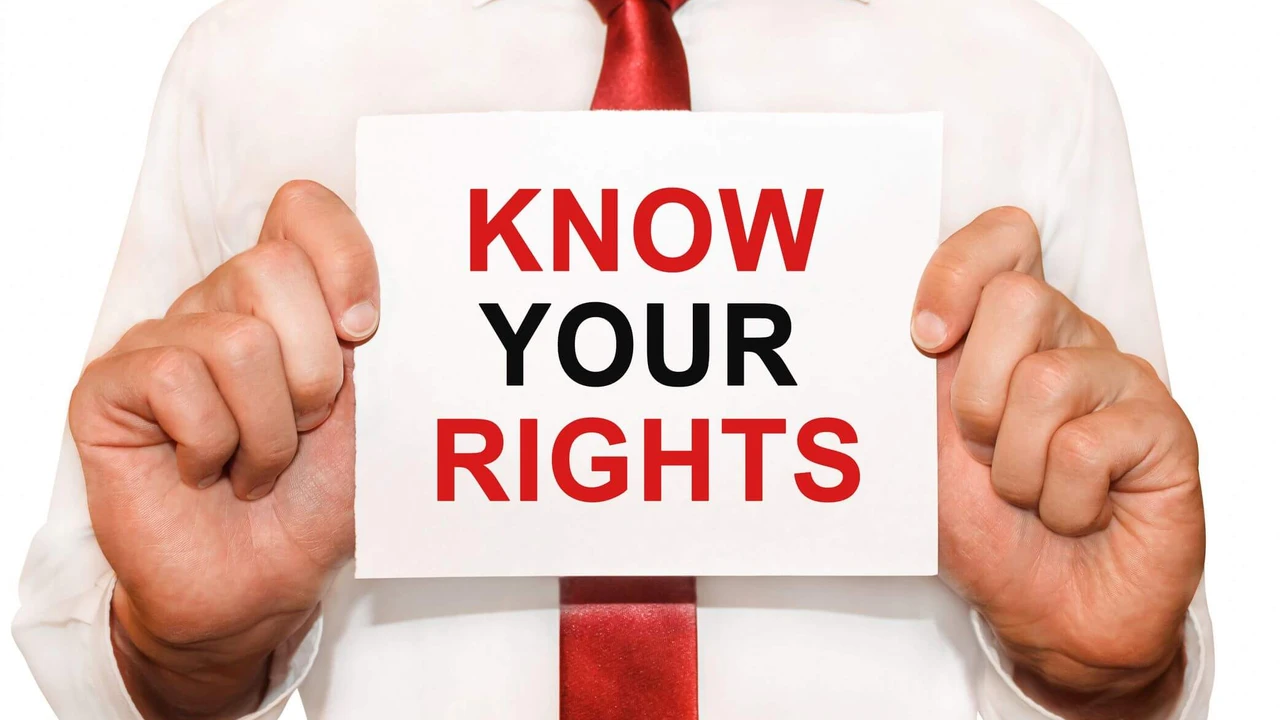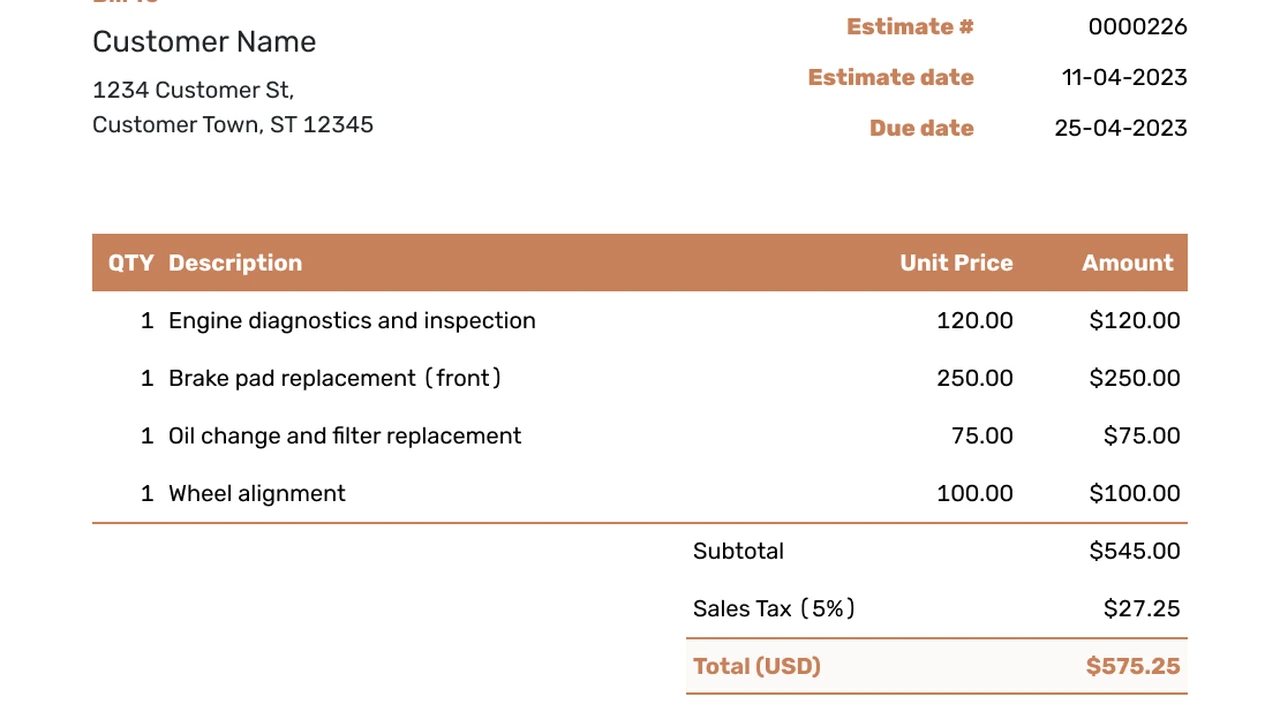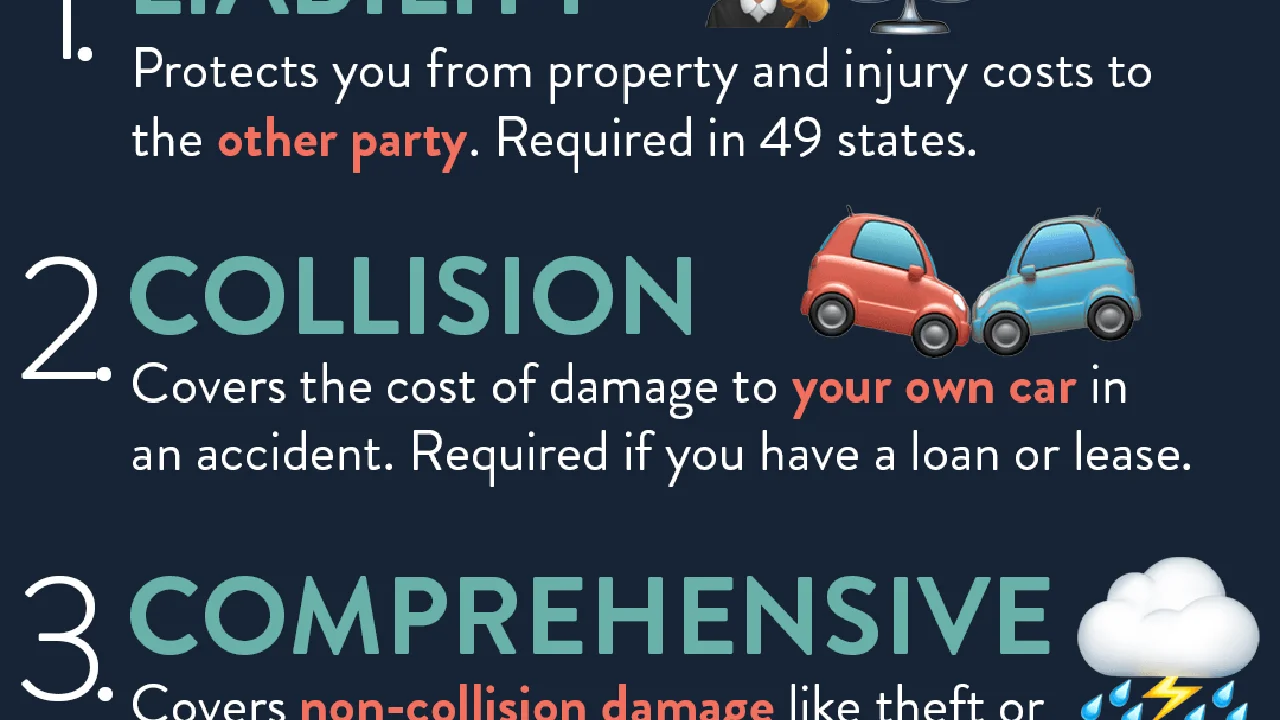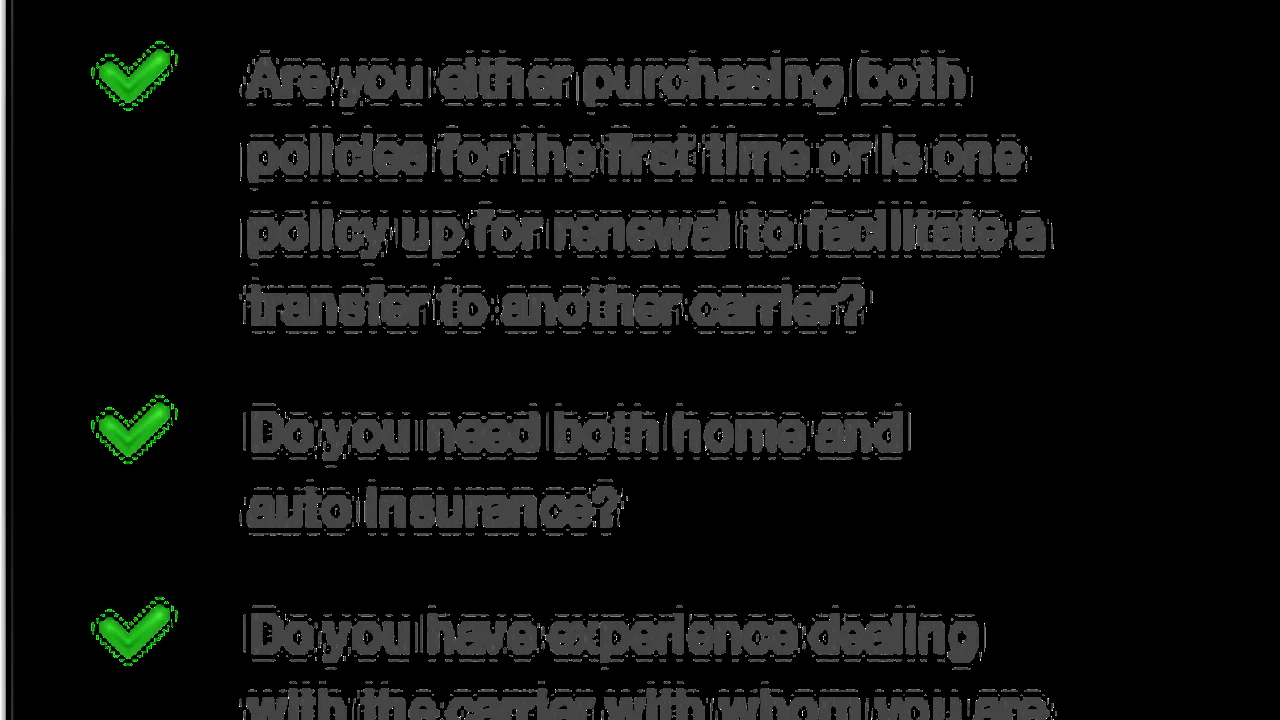Choosing a Repair Shop: Your Rights and Options

Understanding Your Car Insurance Claim and Repair Shop Options After an Accident
Okay, so you've been in a car accident. No one wants to be in that situation, right? First, make sure everyone's okay. Second, deal with the insurance stuff. And third, get your car fixed. That last part, choosing a repair shop, can be a bit of a minefield. This article is all about understanding your rights and options when selecting a repair shop after filing a car insurance claim. Don't worry, we'll break it down in plain English (or, well, plain American!). It's important to know you have more control than you might think when it comes to getting your car back on the road.
Your Rights After a Car Accident Claim Regarding Auto Body Repair Shop Selection
A common misconception is that your insurance company gets to dictate where you take your car for repairs. That's simply not true. You have the right to choose the repair shop you want. Insurance companies might "recommend" certain shops, often called Direct Repair Program (DRP) shops. These shops have agreements with the insurance company, often offering discounted labor rates in exchange for a steady stream of business. However, you are not obligated to use a DRP shop. In fact, choosing a shop outside the DRP might be in your best interest. Remember, the insurance company is looking out for their bottom line. You need to look out for yours (and your car's!). Check your state's specific laws regarding repair shop choice; they generally protect your right to choose.
Direct Repair Program (DRP) vs Independent Auto Repair Shops: Which is Right for Your Car?
So, what's the difference? DRP shops are vetted by insurance companies and agree to certain standards and pricing. This *can* streamline the repair process. However, their allegiance is often split between you and the insurance company. Independent shops, on the other hand, work solely for you. They might not have the same pre-negotiated rates, but they can offer a more personalized service and advocate for your best interests when dealing with the insurance adjuster. They might also be more willing to use Original Equipment Manufacturer (OEM) parts instead of cheaper aftermarket parts, which can affect your car's resale value and safety. Always ask questions about the type of parts being used!
Finding Reputable Auto Body Shops for Car Accident Repairs Near You
Okay, so you want to find a good shop. Where do you start? First, ask for recommendations from friends, family, and colleagues. Online reviews are also a great resource (Yelp, Google Reviews, etc.), but take them with a grain of salt. Look for shops with consistently positive reviews and a good track record. Check if the shop is certified by organizations like I-CAR (Inter-Industry Conference on Auto Collision Repair) or ASE (Automotive Service Excellence). These certifications indicate that the technicians have undergone training and are qualified to perform repairs to industry standards. Don't be afraid to visit several shops, get estimates, and ask questions. A reputable shop will be happy to answer your questions and explain the repair process in detail.
Questions to Ask Your Potential Car Repair Shop Before Committing to Collision Repair Services
Before you hand over your keys, ask these questions:
- What is your hourly labor rate?
- Do you offer a warranty on your repairs? How long does it last?
- Will you be using OEM or aftermarket parts? Can I choose?
- Will you work directly with my insurance company?
- Can I get a written estimate?
- What is the estimated completion time?
- Do you have experience repairing vehicles like mine? (Especially important for luxury or specialized vehicles)
- What happens if you find additional damage during the repair process?
Getting clear answers to these questions will help you make an informed decision and avoid surprises down the road.
Understanding Auto Repair Estimates and Negotiating Car Repair Costs Post-Accident
The estimate is your roadmap. Read it carefully! Make sure it includes a detailed breakdown of all the repairs, parts, and labor costs. If something is unclear, ask for clarification. Don't be afraid to negotiate. If you think the estimate is too high, get a second opinion from another shop. Sometimes, insurance companies will try to lowball the estimate. If this happens, work with your chosen repair shop to negotiate with the insurance adjuster. A good shop will be able to justify their prices and ensure that all necessary repairs are covered. Remember, you have the right to a safe and proper repair, even if it means pushing back against the insurance company.
OEM vs Aftermarket Parts: Choosing the Right Car Parts for Collision Repair
This is a big one. OEM parts are made by the original manufacturer of your car. They are designed to fit perfectly and maintain the vehicle's original performance and safety standards. Aftermarket parts are made by third-party manufacturers. They are often cheaper than OEM parts, but their quality can vary. While some aftermarket parts are perfectly acceptable, others may not meet the same standards as OEM parts. Using aftermarket parts can affect your car's resale value, safety, and even void certain warranties. Discuss the pros and cons of each option with your repair shop and make an informed decision based on your budget and priorities. For critical components like airbags and structural parts, OEM is almost always the best choice.
Navigating Insurance Adjusters and the Car Insurance Claim Process for Auto Body Repair
The insurance adjuster is your point of contact with the insurance company. They will inspect your car, review the damage, and approve the repair estimate. Be polite but firm with the adjuster. Provide them with all the necessary documentation, including photos of the damage, police reports, and the repair estimate from your chosen shop. Don't be afraid to ask questions and challenge their decisions if you disagree with them. If you feel like the adjuster is not being fair, you can contact the insurance company's claims department or even hire a public adjuster to represent your interests. Remember, the insurance company is obligated to pay for the necessary repairs to restore your car to its pre-accident condition, minus your deductible.
Rental Car Coverage and Transportation Options During Your Car Repair Claim
Check your insurance policy to see if you have rental car coverage. If you do, the insurance company will pay for a rental car while your car is being repaired. There are often limits on the daily rental rate and the total number of days covered. If you don't have rental car coverage, you can still rent a car at your own expense. Many repair shops offer loaner vehicles, but availability may be limited. Consider using ride-sharing services or public transportation as alternative options.
Paint Protection Film (PPF) and Ceramic Coatings: Protecting Your Car's New Paint Job After Collision Repair
Okay, so your car is finally fixed and looking shiny and new! Let's keep it that way! After a collision repair, especially if it involved repainting, consider investing in paint protection film (PPF) or a ceramic coating. These products offer an extra layer of protection against scratches, chips, and other damage.
Paint Protection Film (PPF) Options for Post-Repair Auto Body Protection
PPF is a clear, thin film that is applied to the painted surfaces of your car. It's like a screen protector for your car's paint. It's incredibly durable and can protect against scratches, rock chips, bird droppings, and even minor dents.
- XPEL Ultimate Plus: This is a popular choice known for its self-healing properties. Minor scratches and swirls will disappear with heat. Price: Around $15-$25 per square foot installed.
- 3M Scotchgard Pro Series: Another excellent option with good clarity and durability. It's also resistant to yellowing. Price: Around $12-$20 per square foot installed.
- SunTek PPF Ultra: Offers good protection at a slightly lower price point. Price: Around $10-$18 per square foot installed.
Usage Scenario: Perfect for protecting high-impact areas like the hood, fenders, and bumpers. Especially useful if you live in an area with a lot of road debris or if you frequently drive on highways.
Ceramic Coating Options for Enhanced Gloss and Auto Body Preservation
Ceramic coatings are liquid polymers that bond to your car's paint, creating a hard, protective layer. They provide excellent gloss, water beading (hydrophobic) properties, and resistance to UV damage, bird droppings, and other contaminants. They don't offer the same level of impact protection as PPF, but they are easier to maintain and can make your car look fantastic.
- Gtechniq Crystal Serum Ultra: Considered one of the best ceramic coatings on the market. Offers exceptional durability and gloss. Price: Around $800-$1500 installed.
- Ceramic Pro 9H: Another top-tier coating known for its hardness and resistance to scratches. Price: Around $700-$1400 installed.
- Adam's Polishes Ceramic Coating: A more affordable option that still provides good protection and gloss. Price: Around $400-$800 installed.
Usage Scenario: Ideal for protecting your entire car and making it easier to wash and maintain. The hydrophobic properties make water bead up and roll off, reducing water spots and making your car look cleaner for longer.
PPF vs Ceramic Coating: A Comparison Chart for Post-Collision Repair Protection
| Feature | Paint Protection Film (PPF) | Ceramic Coating |
|---|---|---|
| Protection Level | High (Scratch, Chip, Minor Dent) | Moderate (Scratch, UV, Chemical) |
| Durability | 5-10 years | 2-5 years |
| Gloss | Good | Excellent |
| Hydrophobic Properties | Good | Excellent |
| Maintenance | Easy | Easy |
| Cost | Higher | Moderate |
Choosing the Right Option: If you want the best possible protection against scratches and chips, PPF is the way to go. If you're more concerned with gloss, ease of maintenance, and UV protection, a ceramic coating is a great choice. You can even combine both for ultimate protection!
:max_bytes(150000):strip_icc()/277019-baked-pork-chops-with-cream-of-mushroom-soup-DDMFS-beauty-4x3-BG-7505-5762b731cf30447d9cbbbbbf387beafa.jpg)






